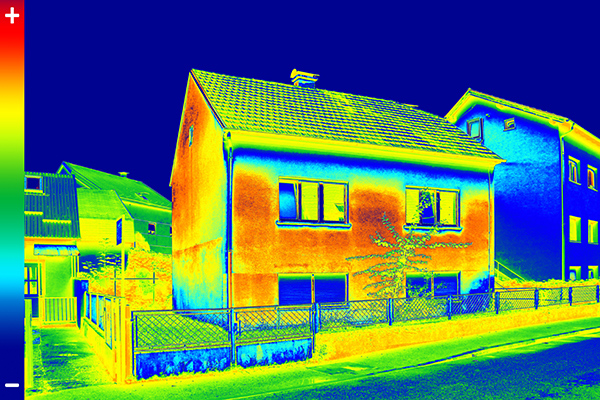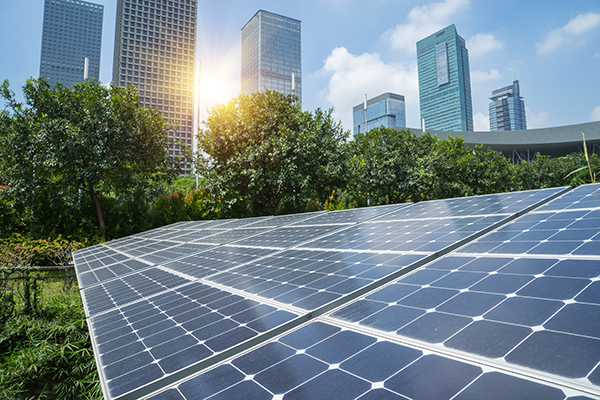
Energy Efficiency
No construction lasts forever and at a moment in time, every building needs to be renovated and repaired. Maintenance can however be performed in many different ways as it can be either reactive or proactive. Renovating buildings to reach a higher energy performance - or in other words: to better use the energy that is needed for heating, cooling, ventilation etc. - can be very cost-effective in the long run and can contribute to decrease the waste of energy.
To use less non-renewable energy will have a positive impact on climate change, and it can also contribute to better energy security. It can also enhance the quality of life for people living and working in the buildings. Economically, investments in renovating buildings create new jobs and lower the long-term energy-costs for both households and real estate owners. An energy efficient renovation of a building is an ongoing process that has many challenges to overcome, both in terms of financial planning and technical development. It is an area of huge interest, involving architects, investors, contractors, energy specialists, environmental organizations and other stakeholders.
To use less non-renewable energy will have a positive impact on climate change, and it can also contribute to better energy security. It can also enhance the quality of life for people living and working in the buildings. Economically, investments in renovating buildings create new jobs and lower the long-term energy-costs for both households and real estate owners. An energy efficient renovation of a building is an ongoing process that has many challenges to overcome, both in terms of financial planning and technical development. It is an area of huge interest, involving architects, investors, contractors, energy specialists, environmental organizations and other stakeholders.
Construction: When renovating old houses, there is often the possibility to improve the shell of the buildings, i.e. the facade, windows etc. Different techniques and materials can be used for a better distribution of the indoor temperature with less energy used for heating, cooling and ventilation.
Systems: In most buildings there is a need for mechanical systems to control heating, cooling and ventilation. Improving the shell of the building is usually not enough. Alternative and more efficient systems are required.
Economy: Large parts of the European housing stock was built for accommodating the growing populations in European cities. These buildings face great needs for renovation as the majority of them do have very low energy efficiency. At the same time the demand for housing is increasing and austerity measures in Europe are intensifying the problem.
Energy efficiency directive, Energy performance certificate, Alternative energy heating systems, Housing renovation, Energy-saving measures
Related Topics

Advanced Materials
Everything is made of something, yet, during the past century, the scientific and technological importance of new materials has not been widely app...
READ MORE

Clean Water
Clean water is a human right but even today not everyone has access to it. Increased access to clean water is essential for improving living standa...
READ MORE

E-health
There is an increased interest in the rapid development of e-Health and the resulting myriad of possibilities for applications to improve healthcar...
READ MORE

Future Cities
We are living in the age of urbanization, where the majority of the global population lives in cities instead of rural areas. This of course create...
READ MORE

Gravity
Gravity or gravitation is a natural phenomenon by which all objects are brought towards one another, including stars, planets, galaxies and sub-ato...
READ MORE

Oil Peak
According to M. King Hubbert, peak oil is the point in time when the maximum rate of extraction of petroleum is reached. This will result in a term...
READ MORE

Solar Power
If it weren't for the sun and the heat energy it produces, our Earth would be uninhabitable and 'ice-age' conditions would prevail. Yet for years m...
READ MORE




